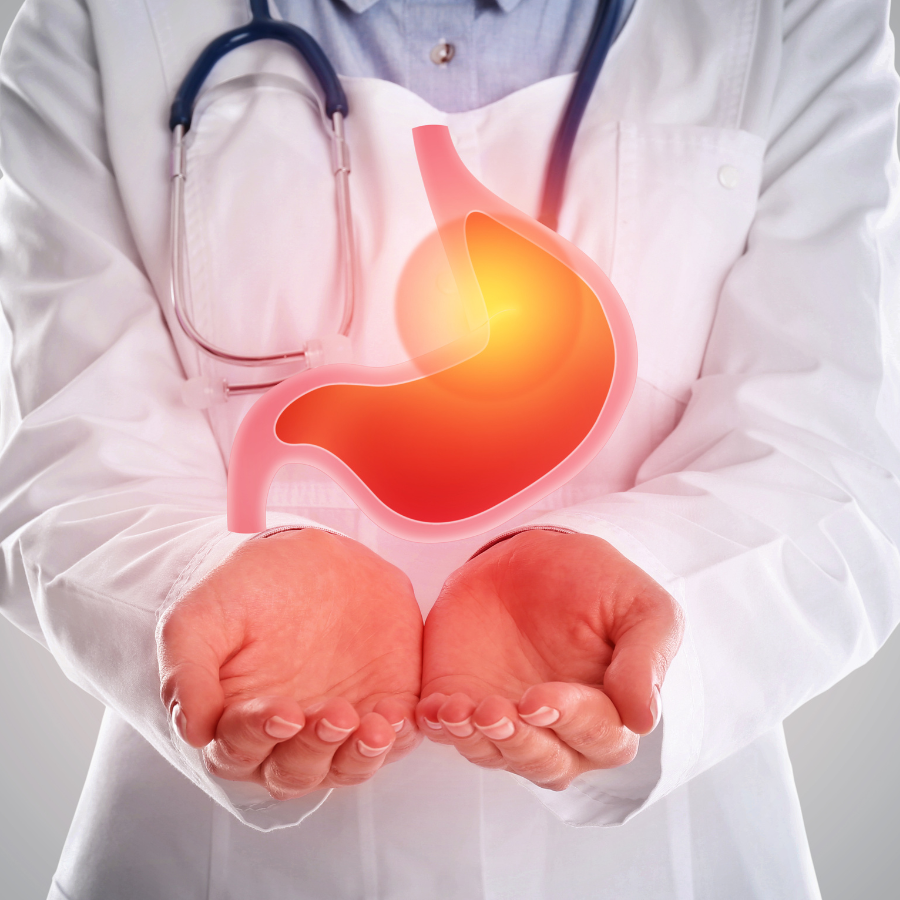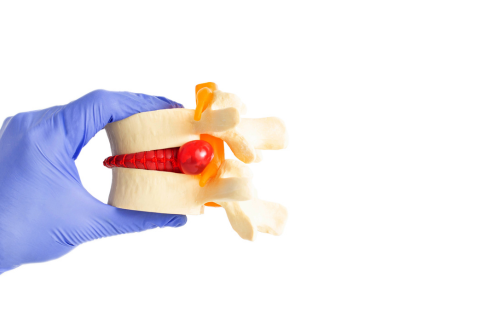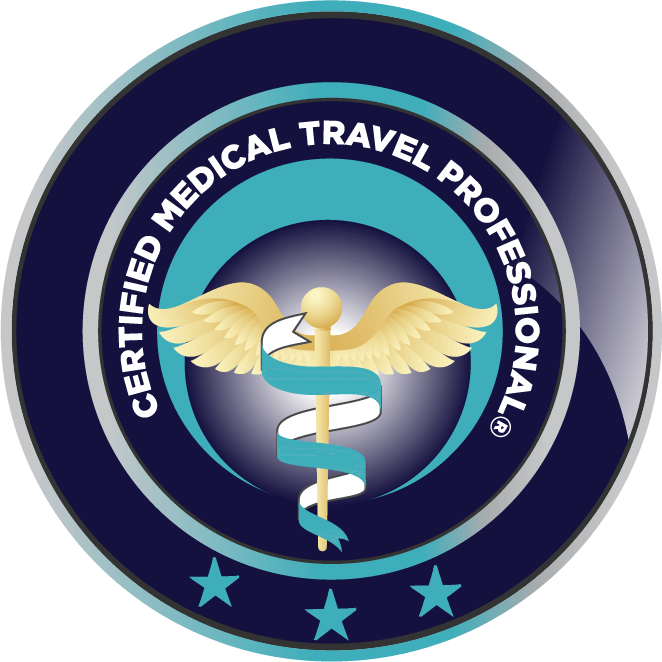
Gastroenterology
Gastroenterology focuses on studying the digestive system, its disorders, and treatments, covering organs like the gallbladder, pancreas, liver, and bile ducts. Digestive system problems can affect nutrient absorption, waste elimination, and metabolism.
Many face minor digestive issues, but they might point to bigger problems. Untreated issues can lead to serious consequences. Trusted gastroenterologists form a network to give your gastrointestinal concerns the necessary attention and care.

Hernia Repair
A hernia occurs when an internal organ or tissue protrudes through a weak muscle or tissue wall. Treatment involves placing a mesh patch over the weak area (hernioplasty) or surgically repairing the tissue (herniorrhaphy).

GERD Surgery
Gastroesophageal reflux disease (GERD) is managed with surgery that strengthens the esophageal sphincter by wrapping the stomach around the lower esophagus. This prevents acid buildup.

Colorectal Surgery
Addresses issues in the lower digestive tract (rectum, anus, colon). Modern techniques include robotic or minimally invasive approaches, leading to quicker recovery with less scarring.
Cholecystectomy
Surgical removal of the gallbladder, often due to issues like cancer, infection, or gallstones affecting bile storage and release for digestion.
Appendectomy
Emergency removal of the appendix when it’s infected and at risk of bursting. Commonly performed in local medical facilities.
Colectomy
Partial or complete removal of the large intestine (colon) to address conditions like cancer, diverticulitis, or bleeding. Can be open or minimally invasive based on the patient’s condition and surgeon’s preference.


